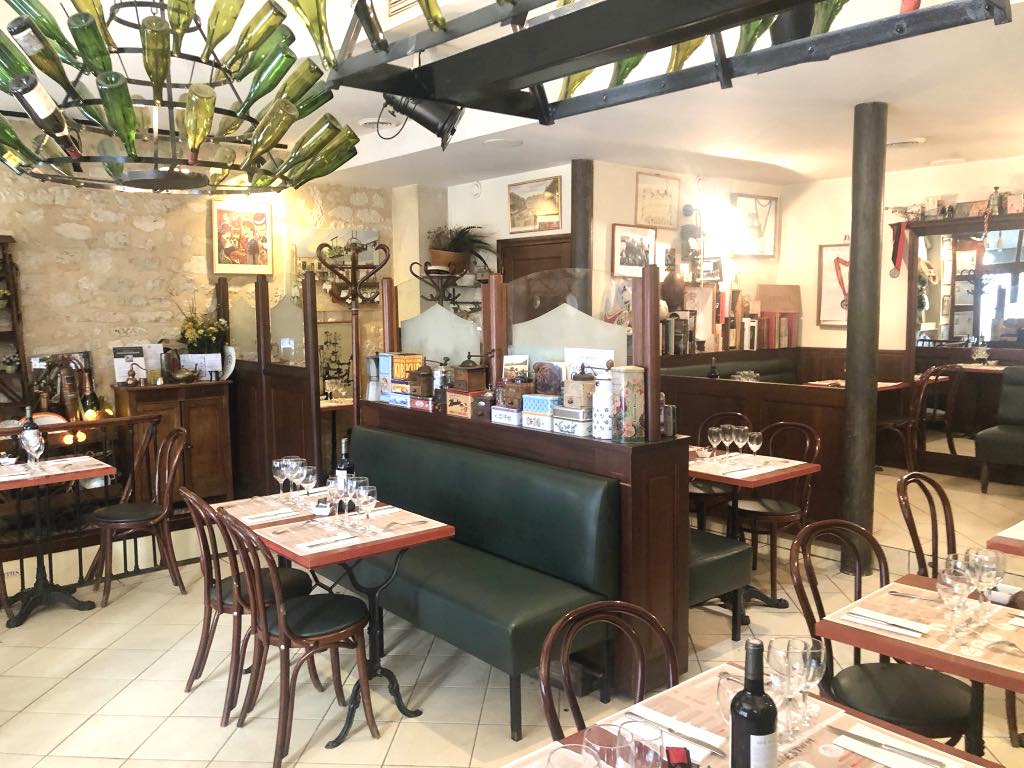
A move is afoot to stave off the demise of traditional French bistros and cafés by having them classified on Unesco’s list of Intangible Cultural Heritage.
After a failed attempt in 2018 to do the same for Paris bistros and terraces – the French Ministry of Culture did not submit the application to Unesco because it was limited to the capital and spoke too much of alcohol – the Association Française des Maîtres Restaurateurs (AFMR) has mounted a revised campaign that covers all of France and is more abstemious in its approach.

Seated at a table made by his great-grandfather in 1871, around which his family gathered for meals throughout his childhood, Alain Fontaine, president of the AFMR and owner of the bistro Le Mesturet in Paris’s second arrondissement, met recently with members of the Anglo-American Press Association to discuss the bid.
When Fontaine speaks of the importance of the bistro and café as part of the French art de vivre, he is not talking about more formal restaurants, brasseries or “bistronomic” eateries serving gourmet meals. And he is not talking about the many bistros and cafés that serve boil-in-the bag meals. He is talking about traditional places that make their own food from scratch – old-fashioned dishes like beef bourguignon and veal blanquette. For the French, these familial foods are a kind of “Proust’s madeleine,” he says.
Fontaine pointed out that bistros and cafés also serve as a sort of community center in both Paris neighborhoods and in provincial villages – the place where you leave your keys for your houseguest or plumber, where workers go for the lunch special every day, where you meet your friends for a drink after work and perhaps make new friends.
“Bistros are where we find our most beautiful stories of love and friendship,” says Fontaine. “They are typically French places, capable of absorbing everyone – people from around the world and from every social class.”
Why is the Intangible Cultural Heritage classification important? Because traditional French bistro and cafés, beloved of tourists but also of the French, are gradually disappearing. At the beginning of the 20th century, there were 200,000 bistros in France, after World War II 50,000 and now only 25,000.
More may disappear following the Covid-19 crisis, and Fontaine fears that it is the good ones that will suffer the most, but he points out that French bistros and restaurants are better protected than those in other countries. “Anne Hidalgo [who was re-elected Paris mayor last Sunday] came to us and said, ‘What can we do to help you?’”
The new bid to join the Intangible Cultural Heritage list will be submitted this summer to the French Ministry of Culture, which will then decide whether or not to send it on to Unesco. The bistros and cafés face some competition from the Paris bouquinistes and the French baguette, but Fontaine is confident and is hoping for approval before the Summer Olympics of 2024, to be held in Paris.
Favorite